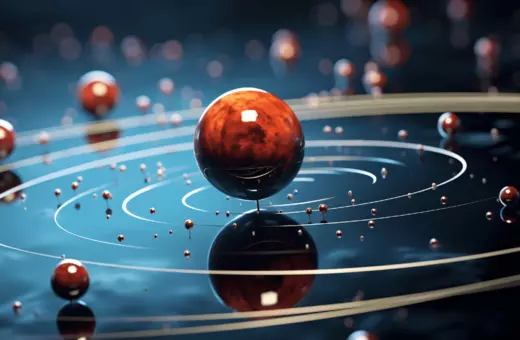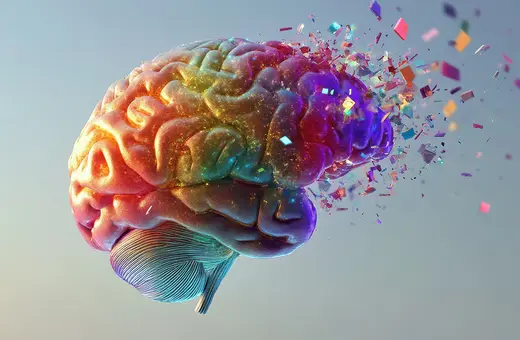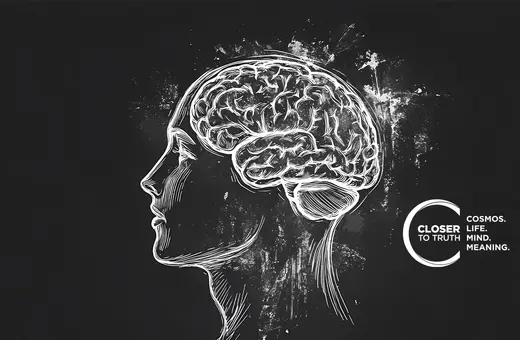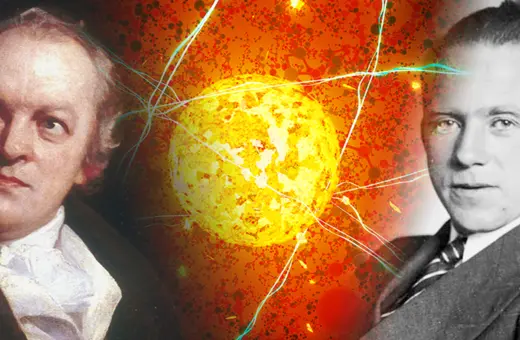Scientific publishing has been gamed to advance scientists’ careers, not knowledge. While science communication has turned into a means of public indoctrination. In this essay, Àlex Gómez-Marín argues that real experts don’t know “the truth,” and that we should become pilgrims towards the unknown rather than the squatters of the broken records of ideological mantras.
Science is in trouble. The problem comes from within and from without. Not only has scientific publishing been gamed to advance one’s career rather than everyone’s knowledge, but scientific communication has turned into a mechanism of public indoctrination. We don’t seem to live in a world where people can “trust the experts” anymore. Worrisomely, the mantra “science says” either means almost everything or virtually nothing to most of us today. For instance, already at year 4 AC (After COVID), some citizens would never accept unconstitutional lockdowns or experimental inoculations again, while others still drive alone in their cars with the windows up and their masks on. Something is killing science softly. What is it, how is it happening, and why?
Despite relentless technological innovation, scientific progress is stalling compared to the prodigious revolutions in understanding that our ancestors provided us a century ago. We seem to have fallen into the habit of living off such scientific props, burning such a legacy and credibility quickly and unwisely. We need to transfer new funds to the science ledger, or else our scientific credentials will soon become hardly more than a pseudo-religious credo.
___
Science publishing has become a multimillion-dollar Ponzi scheme at the expense of taxpayers and scientists themselves.
___
I believe the key lies in the way we make science public. This entails a double-stranded path: the inner route of publishing scientific results and the outer route of publicizing them. Much like in M.C. Escher’s Drawing Hands, thinking and communication are “a strange loop” (borrowing Douglas Hofstadter’s phrase), namely, a self-referential paradoxical system. Knowledge circulates via peer-reviewed publications within the walls of academia. Then, outside the citadel, we do science outreach which, in turn, directs public attention and funding to certain topics and ways of doing science back to academia. Both routes are severely compromised:
First, science publishing has become a multimillion-dollar Ponzi scheme at the expense of taxpayers and scientists themselves. Top journals charge obscene fees to publish results already paid for by those taxpayers in the form of grants, while we peer-review there “for free”. Moreover, such “reviews” tend not to be the critical, objective, and dispassionate appraisal of the work one might think they are, especially when results threaten the dominant worldview or simply one’s tiny conceptual condominium or scientific business niche. The line between editorial curation and censorship is thin, even dashed.
___
We used to want to understand nature, but now our main concern is to understand how to publish in Nature!
___
In a similar vein, our “peers” aren’t often truly so, since we are not people of equal expertise, interests, values, agenda, standing, or power. The so-called “scientific community” is more of a euphemism for an actual scientific hierarchy of castes. Yes, personal ambition can drive discovery, and we certainly want credit for our ideas and work, but it’s the hunger games of academia: publish or/and perish. We used to want to understand nature, but now our main concern is to understand how to publish in Nature! Not to speak of the bureaucratic mind virus that has drained the vital force of our institutions which, in turn, have betrayed us and are crumbling. How can science progress in this way?





















Join the conversation